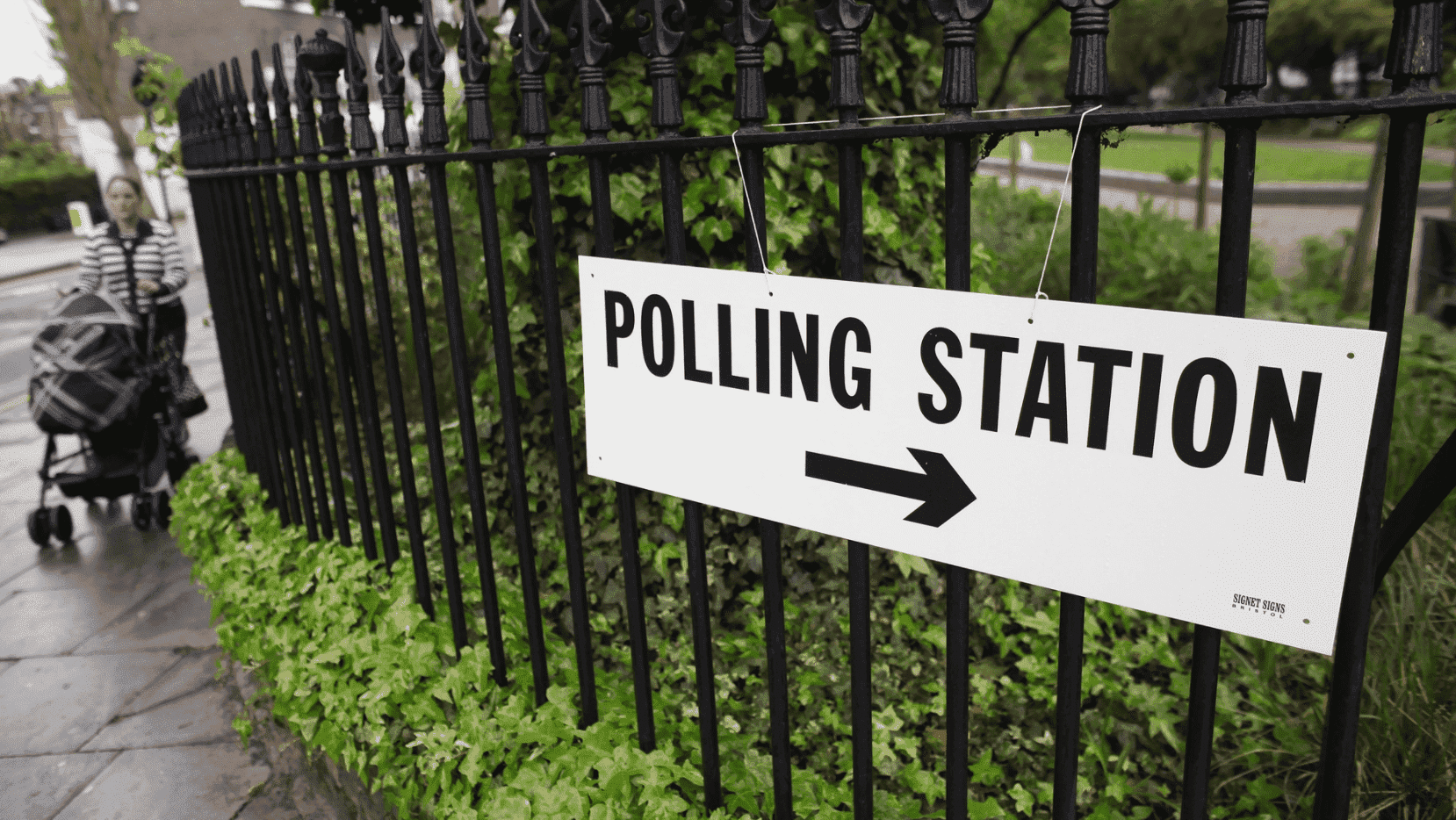The recent local council elections in Ireland have been marred by serious allegations of vote coercion and manipulation within immigrant and refugee communities. Local councillors and their supporters have been accused of using community halls not merely as voter registration centres but as venues for exerting undue influence over these vulnerable populations. This article examines the allegations, the demographics of eligible immigrant voters, and the broader implications for Irish democracy and governance.
Community Halls as Centers of Coercion
Community halls, traditionally neutral spaces for community engagement, were repurposed by local councillors and their allies as voter registration centres. On the surface, this initiative seemed aimed at fostering civic participation among immigrants and refugees. However, reports suggest that these centres became hotspots for coercion, where refugees and asylum seekers were instructed on how to vote, who to vote for, and how to fill out their ballot papers.
Volunteers and local councillors present at these centres provided what was ostensibly guidance but was, in reality, a means of exerting influence. This manipulation of the voting process undermines the democratic principles that are supposed to underpin elections.
The Orchestration of Voting
On election day, the extent of the manipulation became even more apparent. Buses were organised to transport these communities to and from polling stations. While providing transportation might be seen as a helpful service, in this context, it functioned as a mechanism to ensure control over the voting behaviour of these individuals. The mass transportation of voters under supervision raises serious questions about the freedom and fairness of their participation in the election.
Ukrainian Voters in Ireland
The Ukrainian community in Ireland has grown significantly, with approximately 70,000 Ukrainians currently residing in the country. Of these, an estimated 30,000 are eligible to vote in local elections, having met residency requirements and registered accordingly. While their participation in the democratic process should be celebrated, the methods used to secure their votes are deeply concerning.
Refugees and Asylum Seekers: Voting Eligibility
Ireland is home to around 50,000 refugees and 10,000 asylum seekers. Refugees who have been granted residency status are eligible to vote, provided they have registered. However, asylum seekers, whether documented or undocumented, generally do not have voting rights until their status is regularised. Despite these restrictions, there have been troubling reports of undocumented individuals being pressured to participate in the elections, further compromising the legitimacy of the process.
National Parties’ Hollow Promises?
The dismal performance of several major national parties in the local council elections has led to a flurry of promises to better listen to the public. Yet, there is widespread scepticism about whether these promises will translate into genuine action. The electorate’s disillusionment with national parties is profound, and the recent rhetoric has done little to restore trust.
The directive of the European Parliament and of the Council on international protection, asylum, and migration is a critical issue reflecting this disconnect. Despite significant public opposition to certain EU-driven policies, national parties have frequently prioritised compliance over constituent concerns. This persistent disregard for public sentiment has eroded trust in political leaders.
Will National Parties Heed the Wake-Up Call?
In the wake of the local council elections, a pressing question emerges: will national parties finally walk the walk after talking the talk? The directive on international protection and migration presents a critical test. Will they vote to endorse it, further entrenching policies at odds with public sentiment, or will they reject it, aligning with the electorate’s clear stance? The stakes are high, and the consequences of ignoring the public’s mandate could be severe.
The Integrity of Irish Democracy at Stake
The recent local council elections have highlighted significant concerns about the integrity of Ireland’s democratic processes. The coercion and manipulation of the immigrant and refugee vote by local councillors and their supporters represent a serious breach of democratic principles. As the nation reflects on these troubling developments, it is imperative that steps are taken to safeguard the electoral process from such abuses.
National parties must recognize the urgency of genuine reform and responsiveness to the public’s will. The credibility of Irish democracy hangs in the balance, and the electorate will undoubtedly hold their representatives accountable in future elections. The time for empty promises has passed; it is now incumbent upon Ireland’s political leaders to demonstrate their commitment to true democratic values and the integrity of the electoral process.
Conclusion
The tactics used in the recent local council elections, including the coercion of vulnerable communities and the misuse of community halls, have tainted the democratic process. As the nation grapples with these revelations, the need for transparency, accountability, and genuine reform becomes ever more pressing. The future of Irish democracy depends on the willingness of its leaders to uphold and protect the principles of fair and free elections.
References:
1. “Local Elections and Voting Rights of Refugees in Ireland.” Irish Refugee Council. https://www.irishrefugeecouncil.ie
2. “Ukrainian Community in Ireland: Demographics and Voting Rights.” Central Statistics Office Ireland. https://www.cso.ie
3. “Directive of the European Parliament and of the Council on International Protection.” European Union Law. https://eur-lex.europa.eu

